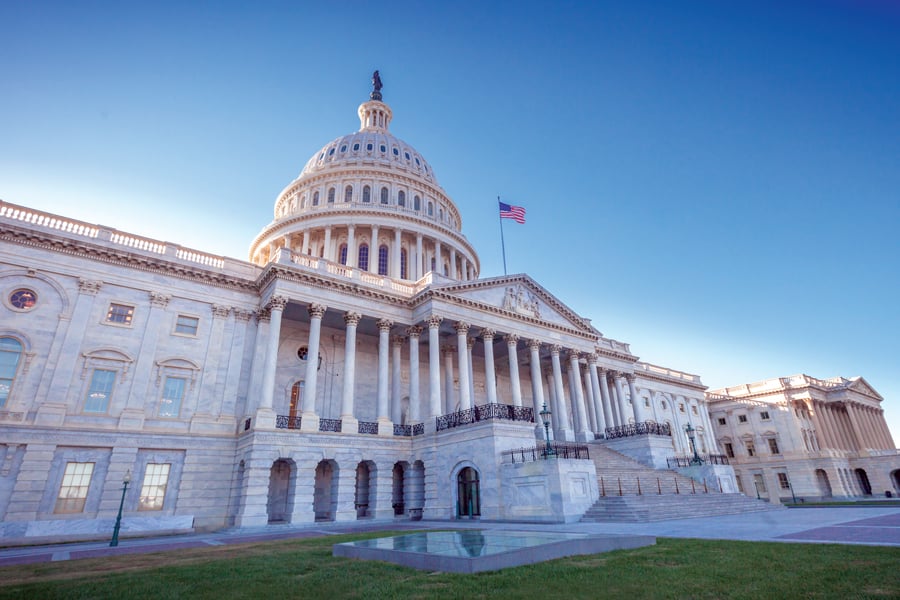A bill that includes a provision to make it easier for companies to contribute to the retirement accounts of employees who are paying down student debt was reintroduced in the Senate this week.
Among other changes, such as stepping up the age for required minimum distributions, the new version of the
Retirement Security and Savings Act of 2019 allows companies to match an employee's student loan payment in the form of a contribution to their workplace retirement plan.
"There has been a lot of attention paid to helping individuals save for retirement while also paying down student loan debt," said Chris Spence, senior director of government relations at TIAA.
The student loan provision would effectively apply universal approval to a practice that has been gaining traction on a one-off basis, requiring
private-letter rulings from the Internal Revenue Service.
Abbott Laboratories was the first company to get permission to make a 5% 401(k) plan match to employees that pay at least 2% of their compensation toward student loan debt.
The Travelers Companies Inc. recently announced it will introduce
a similar program to make matching contributions to the 401(k) accounts of employees paying off student loans.
"What we have right now is several private letter rulings out there, and I think this provision is a very positive move and has the potential of having a lot of organizations use it," said John Lowell, partner at October Three Consulting.
Current requirements, called contingent benefit rules, limit the ability of employers to link certain types of workplace benefits together, leading many companies to avoid adopting policies that pair student loans and retirement savings.
"Congress recognizes we have a retirement savings crisis," Mr. Lowell said. "This would allow employees to still save for retirement if they are good enough to repay their student loans."
The bill, first introduced at the end of the last Congress by Sens. Rob Portman, R-Ohio, and Ben Cardin, D-Md. — and now including the student loan match
first floated by Sen. Ron Wyden, D-Ore. — is a long way from becoming law. Other retirement bills with broad bipartisan support are already moving through the House and Senate.
RESA and SECURE
The Senate Finance Committee held a hearing Tuesday on the
Retirement Enhancement and Savings Act (RESA), which would allow small employers to band together to sponsor plans, ease the use of annuities in 401(k)s, expand auto-enrollment and auto-escalation, and provide lifetime income estimates to participants.
Its House counterpart is the
Setting Every Community Up for Retirement Enhancement Act (SECURE), which the Ways and Means Committee unanimously approved on April 2. It will next go to the House floor for a vote by the full chamber.
Both bills have strong backing, including from AARP and the insurance industry.
"There's little doubt the Senate version will be moved forward once the House bill passes," said Dan Zielinski, spokesman for the Insured Retirement Institute.
But while support for RESA is strong, there are those who question the rational of increasing access to annuity products inside retirement accounts.
"Whatever the merits of the rest of the bill may be, we are very concerned about the potential harmful impact of the annuity safe harbor," said Barbara Roper, director of investor protection at the Consumer Federation of America, in an email response. "Before we add annuities to ERISA plans, we should reform the annuities market."







